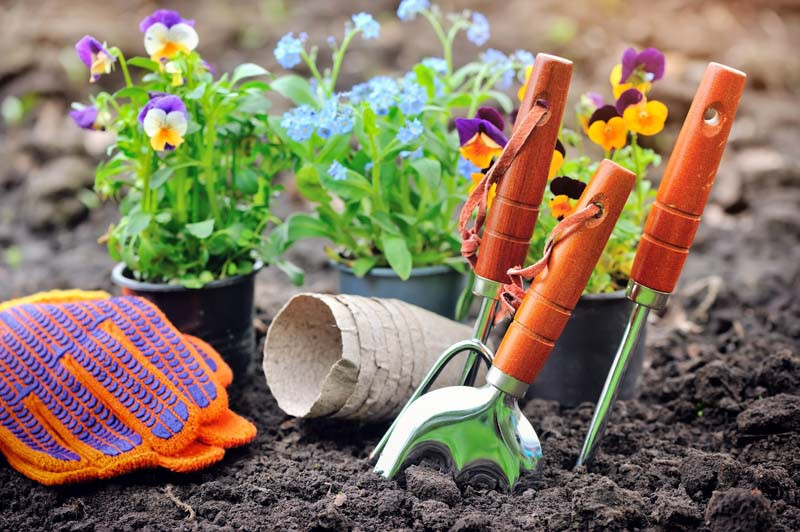Plant Care
Plant care is an essential aspect of gardening and maintaining healthy indoor and outdoor plants. Proper plant care ensures optimal growth, increased productivity, and vibrant foliage. To achieve this, gardeners must consider various factors, such as soil, watering, light, temperature, and pest management.
- Soil: Healthy soil is the foundation of successful plant care. Ensure your soil has the right texture, drainage, and nutrient content to support your plants’ growth. Additionally, consider the pH level of the soil, as different plants have varying pH preferences.
- Watering: Proper watering is crucial for plant health. Overwatering or underwatering can lead to root rot, wilting, and reduced growth.
- Light: Plants require sunlight for photosynthesis, the process that allows them to create food and energy. Ensure your plants receive the appropriate amount of light based on their specific needs.
- Temperature: Different plants have varying temperature preferences, so it’s essential to provide the right conditions. Most plants prefer a consistent temperature range, avoiding extreme fluctuations. For indoor plants, keep them away from drafts, air vents, or heaters to maintain stable conditions.
- Fertilization: Providing essential nutrients through fertilization supports healthy plant growth. Use a balanced, slow-release fertilizer or organic amendments like compost to feed your plants. Avoid over-fertilizing, as it can cause damage to roots and foliage.
- Pruning: Regular pruning promotes healthy growth, improves air circulation, and maintains the desired shape of plants.
- Pest and disease management: Monitor your plants regularly for signs of pests or diseases. Implement preventive measures, such as proper sanitation, adequate spacing, and companion planting. If problems arise, use the least toxic solutions, like insecticidal soap, horticultural oil, or biological controls.

